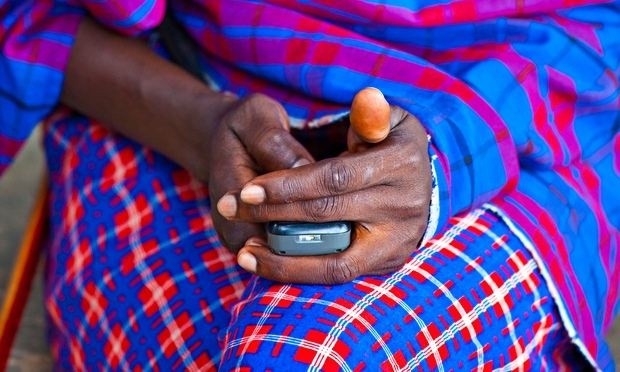Guardian: Facebook is NOT the Internet
If Zuckerberg actually cares about helping the world's poorest in this way, he should use his wealth and influence to boost the initiatives that are already on the ground. Article by John Naughton for The Guardian Some years ago, I had a conversation with a senior minister in which he revealed that he thought the web was the internet.
While I was still reeling from the shock of finding a powerful figure labouring under such a staggering misconception, I ran into Sir Tim Berners-Lee at a Royal Society symposium. Over coffee, I told him about my conversation with the minister. “It’s actually much worse than that,” he said, ruefully. “Hundreds of millions of people now think that Facebook is the internet.”
He’s right – except that now the tally of the clueless is now probably closer to a billion. (Facebook has more than 1.3 billion users, some of whom presumably know the difference between an app and the network.)
Does this matter? Answer: yes, profoundly, and here’s why. As I write, the number of internet users worldwide stands at just over 3 billion, or 42% of the global population. That sounds impressive until you remember that it means that 58% of our fellow-humans still aren’t networked. But every prediction I’ve seen suggests that that will change, and that in the next decade another 2 billion people will get an internet connection.
Most of them will connect to the network not via a PC (or even a tablet) but using a mobile phone – a smartphone, that is to say a phone that can run a web browser, do email, etc. And those devices will hook up to the internet via the wireless networks owned and operated by mobile phone companies.
What this means is that, one day, most people’s connections to the internet will be mediated by some of the richest companies in the world, namely telecoms (or telecommunications companies, to give them their full titles). Globally, there are about 900 of them and they take in $1.3 trillion in revenue each year, which is about four times the combined revenue of Google, Apple, Microsoft and Intel. Using a phone to, say, browse the web requires that digital data shuttles to and fro across these telecoms’ mobile networks, which is why if you want to use a smartphone you need a “data plan”. And – as you doubtless know to your cost – data plans don’t come cheap.
- Read more at The Guardian





 Take action now!
Take action now!
 Sign up to be in the loop
Sign up to be in the loop
 Donate to support our work
Donate to support our work